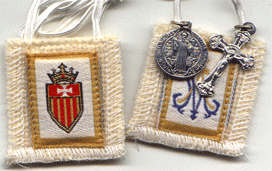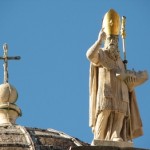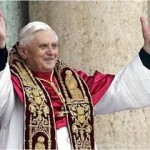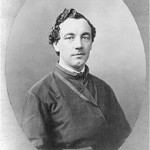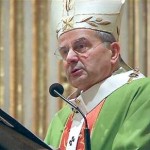 Last week, on the World Day of Consecrated Life, Cardinal Carlo Caffara of Bologna said that the consecrated life is a sacrificial offering because “dying and leaving behind the structures of this creation, you enter into the incorruptible life of the risen Lord.”
Last week, on the World Day of Consecrated Life, Cardinal Carlo Caffara of Bologna said that the consecrated life is a sacrificial offering because “dying and leaving behind the structures of this creation, you enter into the incorruptible life of the risen Lord.”
“Your chastity exalts the spousal meaning of your body; your poverty is for the possession of the good that is only satiated by the person of Christ and communion with Him; your obedience introduces you in an experience of freedom that the world does not know and cannot know,” he explained.
According to the prelate, “perhaps we are moving toward a time in which the Church here in the West will be stripped of many things.”
“But she will not be able to do it without holy priests, capable of sanctifying and of offering sacrifices in keeping with justice.”
“Therefore, remain firmly attached to Christ, and nothing will trouble you,” concluded Cardinal Caffarra.
Please visit Zenit to read the entire article.

